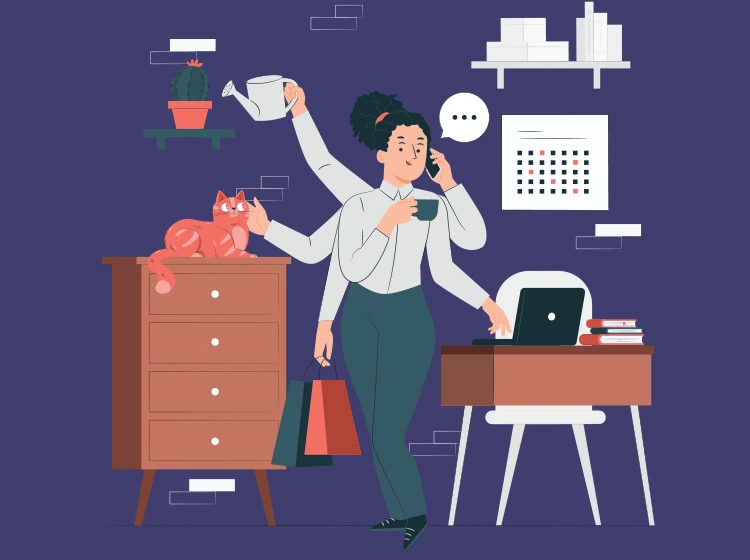Historically, the healthcare industry’s primary focus has been men’s health. This has had significant consequences for diagnosis, treatment, and understanding of women’s issues. Gender bias has manifested in many ways, including in male-dominated clinical trials, a lack of research on health conditions more common in women, delayed diagnoses, and a lack of understanding of the unique health needs of women at different life stages. The healthcare industry is slowly changing to be more inclusive, and employers have a tremendous opportunity to ensure their healthcare plans and wellness programs meet the needs of women in different life stages. This aspect of diversity, equity, and inclusion is still overlooked despite the number of women in the workforce.
Recognizing the Differences: Equality vs Equity
For many years, the healthcare industry concentrated on men’s health. Worse, the methods for assessing health, diagnosing conditions, and developing treatment plans have been based on men. This bias naturally flows to health insurance coverage. Deloitte examined a sample of 16 million people aged 19-64 with employer-sponsored health insurance. The data analysis found women spend more money on healthcare services compared to men, far beyond maternity and birth care. There are many theories about why this is true, such as some insurance companies will fully cover a mammogram but not follow-up imaging if needed. Kulleni Gebreyes, a physician who runs Deloitte’s healthcare practice and serves as the company’s U.S. chief health equity officer, sums it up nicely by saying, “What we’re really challenging is, when you’re designing benefits, the difference between equality — paying the same premium — and equity — having benefit coverage that meets your needs.”
The idea of equality vs. equity in the workplace extending to women’s health, leads to looking at healthcare benefits and services from a different perspective. For example, men and women may have equal access to a company wellness program, but does the program specifically embrace the unique needs of women? Women, like men, face different health challenges and have different wellness needs as they age. Women have unique health needs, like pregnancy, nursing, menopause, sleeping problems, mental health impacted by hormonal changes, and more. Women need health screenings specific to needs that change as a woman ages, like bone density tests, because women have a higher risk of developing osteoporosis than men due to changes in hormones.
Login Here

